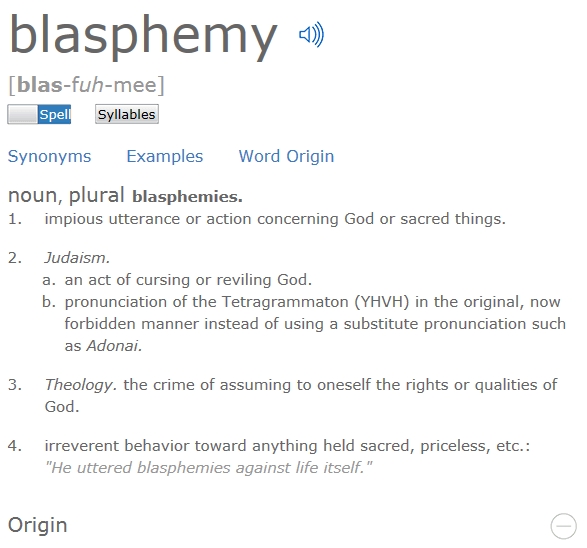

To this end, this analysis is situated against any argument that attempts to protect religious beliefs from blasphemous speech, while excluding the same protection from beliefs held as sacred to other groups – namely secular groups or individuals. The point of this short paper is not only to inquire into the meaning of blasphemy across the board, but also to attempt to understand how blasphemy should be understood in public discourse and what practical difference this understanding makes. In the course of analyzing such an issue, one interesting question must be answered: What does blasphemy against a sacred belief mean to a non-believer and what does blasphemy against a belief held as “sacred” by a secular group mean to a religious believer? This being the case, a key issue is where the boundaries of public discourse are set. Not a purely academic matter, the practical need for the clarification of concepts present in any group of inquirers allows one to focus on the debate between issues, as opposed to the possible mess of incommensurable vocabularies. Though a myriad of different issues, ranging from whether abortion should be legal to the role science plays in establishing truth, encompass debate between religious and secular groups, one must first inquire into the semantics behind both groups before dealing with the content of particular issues. Yet, at present, various cultures around the world are involved in internal clashes between competing beliefs that engage the attention of the public more often than not.

Tensions between religious and secular groups in America and abroad are nothing new.


 0 kommentar(er)
0 kommentar(er)
